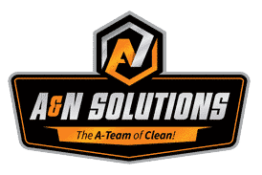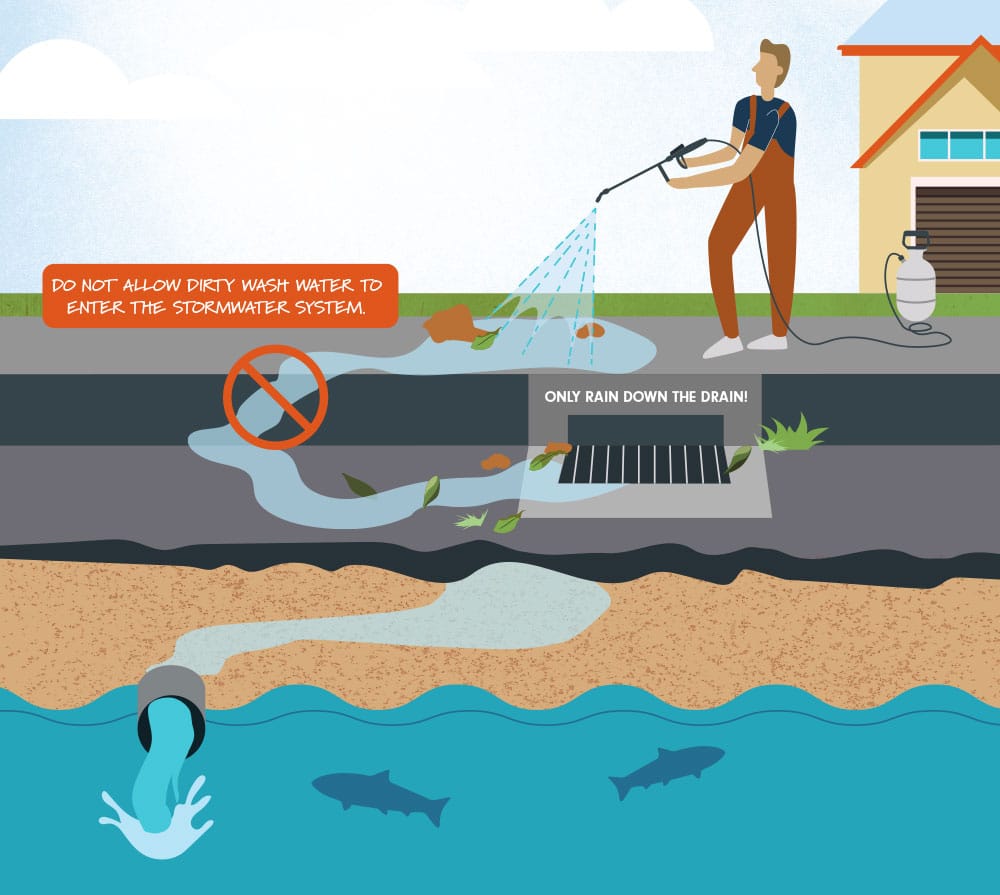Missouri residents who engage in pressure washing must navigate a set of clear EPA guidelines. It is crucial to understand these rules, as they ensure that runoff and pollutants do not harm the environment. Compliance with EPA guidelines is not just a legal obligation but also a step towards protecting Missouri’s natural resources.
Pressure washing can send pollutants into nearby water bodies, making adherence to regulations essential. The EPA outlines specific procedures for managing runoff and preventing contamination. These rules cover aspects like wastewater disposal and the use of biodegradable detergents.
Failure to comply with EPA regulations can lead to significant penalties. Missouri enforces these guidelines to maintain its water quality. Businesses and homeowners need to be mindful of these rules to avoid hefty fines and contribute to a cleaner state.
Comprehending EPA Regulations on Pressure Washing
When pressure washing, it is essential to comply with EPA guidelines to avoid legal issues and protect the environment. Key aspects include managing runoff and handling pollutants effectively.
Understanding Runoff Laws and Measures
Runoff occurs when water flows over surfaces and carries contaminants into storm drains and natural waterways. EPA regulations specify that runoff from pressure washing must be contained and treated to remove pollutants. Businesses must obtain permits for discharge and use filters or berms to prevent contaminants from reaching water sources. Implementing a water capture system helps comply with these laws, ensuring that all wastewater is processed correctly before release.
Pollutant Management Strategies
Pressure washing can release various pollutants such as oils, chemicals, and sediments. The EPA mandates that these pollutants be controlled to minimize environmental impact. Strategies include using biodegradable detergents, capturing pollutants at the source, and proper disposal of waste. Wastewater should be diverted to treatment facilities or legal disposal sites. Using absorbent materials around washing areas can reduce the risk of pollutants spreading. These steps ensure adherence to EPA standards, protecting both the environment and public health.
Adherence to Missouri Specific Guidelines
Missouri has its own set of guidelines for pressure washing to protect the environment, particularly focusing on permit procedures and local environmental safeguards.
Permit Procedures and Compliance
To operate legally in Missouri, pressure washing businesses must acquire the appropriate permits. Permits often address wastewater disposal and pollutant control. Firms usually need to complete an application detailing their operations.
Missouri requires strict compliance with these permits to avoid penalties. Inspections may be conducted to ensure adherence. It’s essential to follow state regulations to prevent harmful runoff and contamination. Non-compliance can result in businesses facing fines or shutdowns.
Local Environmental Safeguards
Missouri emphasizes protecting its water bodies from contaminants stemming from pressure washing activities. Local laws require businesses to use best management practices (BMPs) to limit pollution. This includes capturing and properly disposing of wastewater.
Stormwater runoff must be managed to avoid the introduction of chemicals into local waterways. Businesses often employ filters or containment systems. Local authorities may offer guidelines and resources to ensure these practices are followed. Compliance helps protect local ecosystems and drinking water sources.

